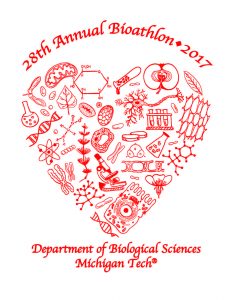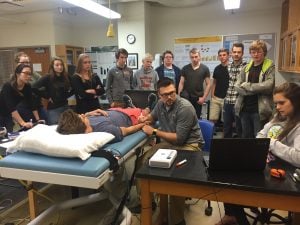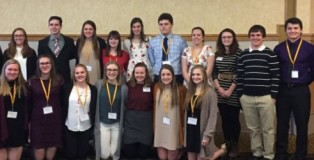Trista Vick-Majors (BioSci/GLRC) was interviewed on a science podcast supported by the European Cooperation in Science and Technology, the ParAqua Podcast. The ParAqua Podcast highlights new and interesting research in aquatic and marine ecology. Episode 5 of the ParAqua Podcast, released May 19, focused on Vick-Majors’ research in the polar regions on aquatic ecosystems.
Trista Vick-Majors is a microbial ecologist who studies the reciprocal relationships between microbial communities and biogeochemical processes in aquatic ecosystems. She is interested in understanding how chemical and physical characteristics interact with microbial communities, and influence or are influenced by microbial metabolism and diversity. Trista’s work is also aimed at understanding energetic constraints on microbial metabolism that could result from seasonal or ecosystem change change, such as the formation of ice-cover. Her field work locales span temperate environments with seasonal ice-cover, where rapid environmental change is affecting ice duration and thickness, and polar environments where ice-cover can be a permanent fixture. Vick-Majors’ research happens at the interface of biogeochemistry and microbial ecology.
About the Biological Sciences Department
Biological scientists at Michigan Technological University help students apply academic concepts to real-world issues: improving healthcare, conserving biodiversity, advancing agriculture, and unlocking the secrets of evolution and genetics. The Biological Sciences Department offers seven undergraduate degrees and three graduate degrees. Supercharge your biology skills to meet the demands of a technology-driven society at a flagship public research university powered by science, technology, engineering, and math. Graduate with the theoretical knowledge and practical experience needed to solve real-world problems and succeed in academia, research, and tomorrow’s high-tech business landscape.
Questions? Contact us at biology@mtu.edu. Follow us on Facebook and Instagram for the latest happenings.
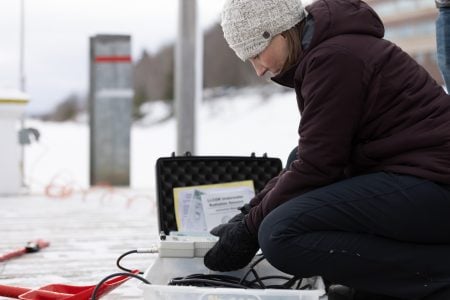
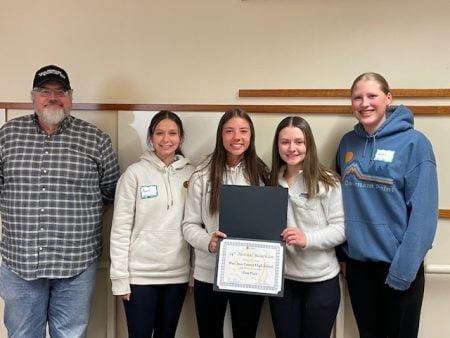

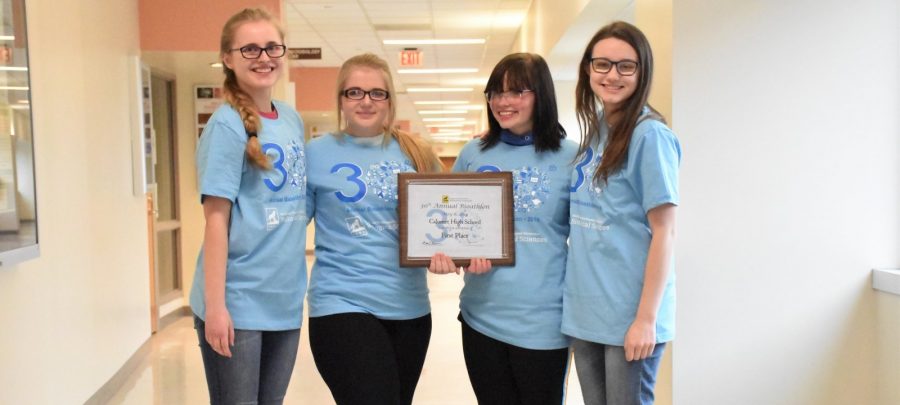
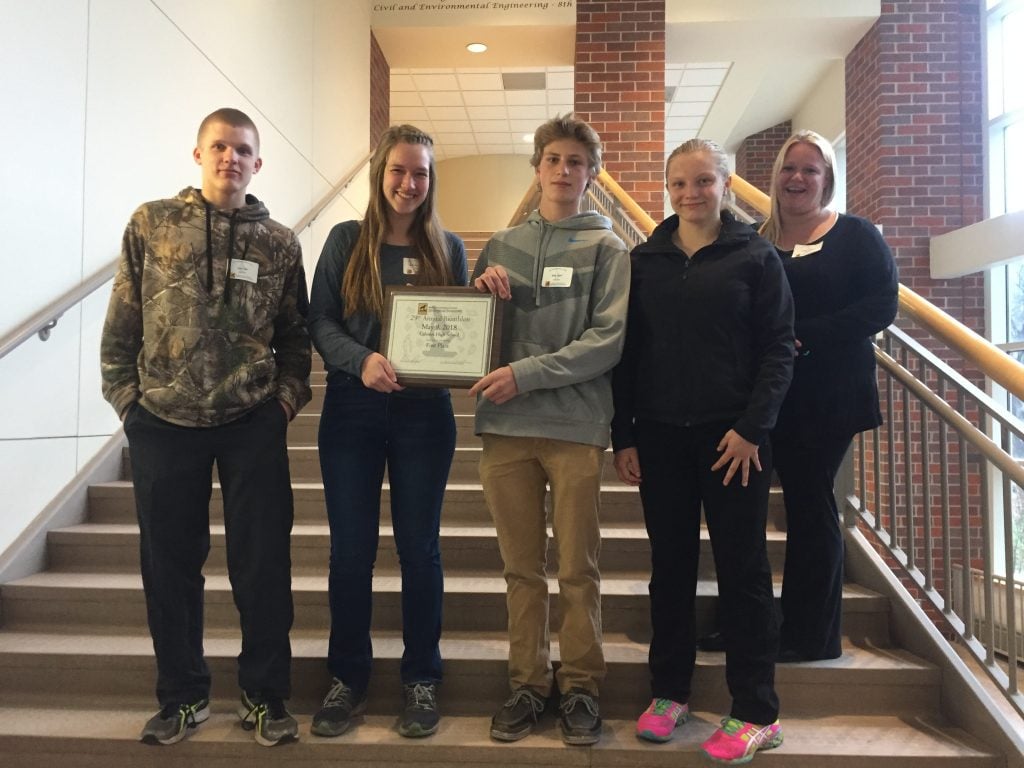 Third time’s a charm! After being in the top three scoring teams in the last year, Calumet High School was able to place first in the 29th annual Bioathlon. The team was comprised of Ada McDonal, Molly Helminen, Nick Djerf and Sam Oja. Second place went to A.D. Johnston High School from Bessemer, and West Iron County High School took third.
Third time’s a charm! After being in the top three scoring teams in the last year, Calumet High School was able to place first in the 29th annual Bioathlon. The team was comprised of Ada McDonal, Molly Helminen, Nick Djerf and Sam Oja. Second place went to A.D. Johnston High School from Bessemer, and West Iron County High School took third.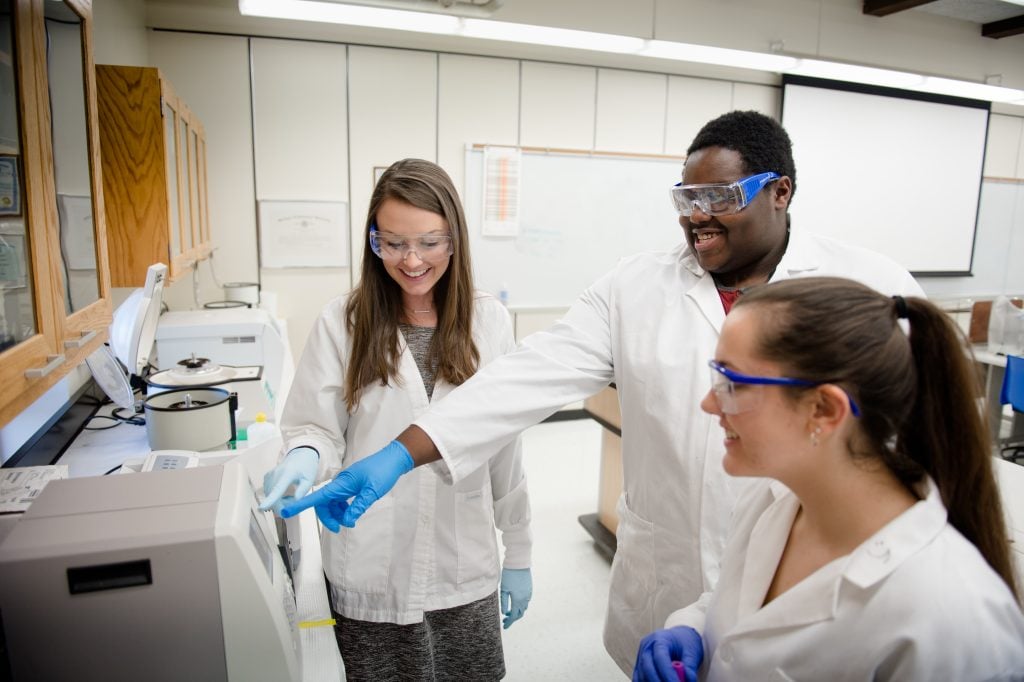

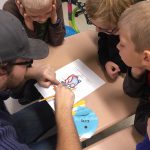
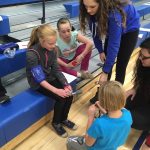

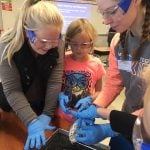
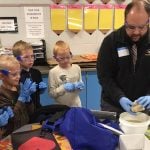

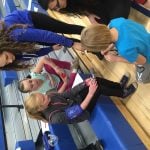
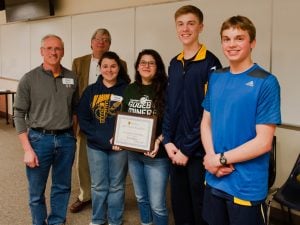 The 28th annual Department of Biological Sciences Bioathlon for high school biology students was held on Wednesday at Michigan Tech. Simultaneously, a workshop was held for the accompanying biology teachers.
The 28th annual Department of Biological Sciences Bioathlon for high school biology students was held on Wednesday at Michigan Tech. Simultaneously, a workshop was held for the accompanying biology teachers.